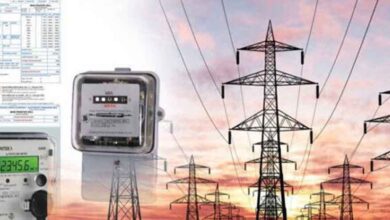The Federal Board of Revenue (FBR) has rolled out stringent new regulations for sales tax registered businesses in a bid to tighten tax monitoring and document the economy, a move linked to commitments made under IMF conditions.
POS and payment systems to be integrated
Under the new rules, all points of sale (POS) must be connected to the FBR’s computerized system. This integration will include debit and credit card machines, QR code-enabled digital payment systems, and even websites, mobile apps, and software used for online sales.
The FBR will also require businesses to install CCTV cameras to monitor sales points, ensuring transparency in transactions.
Digital invoices and real-time monitoring
Every sales tax invoice will now carry a unique FBR number, QR code, and digital signature. Issuing invoices without these identifiers will invite legal action. Businesses will have to prepare daily, weekly, and monthly records of sales, while retaining invoice data for at least six years.
If internet or power outages disrupt invoicing, businesses must upload the pending invoices within 24 hours. Any tampering with the electronic system will result in fines and sanctions.
Expanded compliance and audits
The new framework empowers tax officers to access business premises and records when required. The FBR can also order technical audits to verify system integrity.
An enforcement network will be established to curb tax evasion, with penalties for non-compliance, including operating without proper QR codes or the FBR logo displayed on POS machines.







